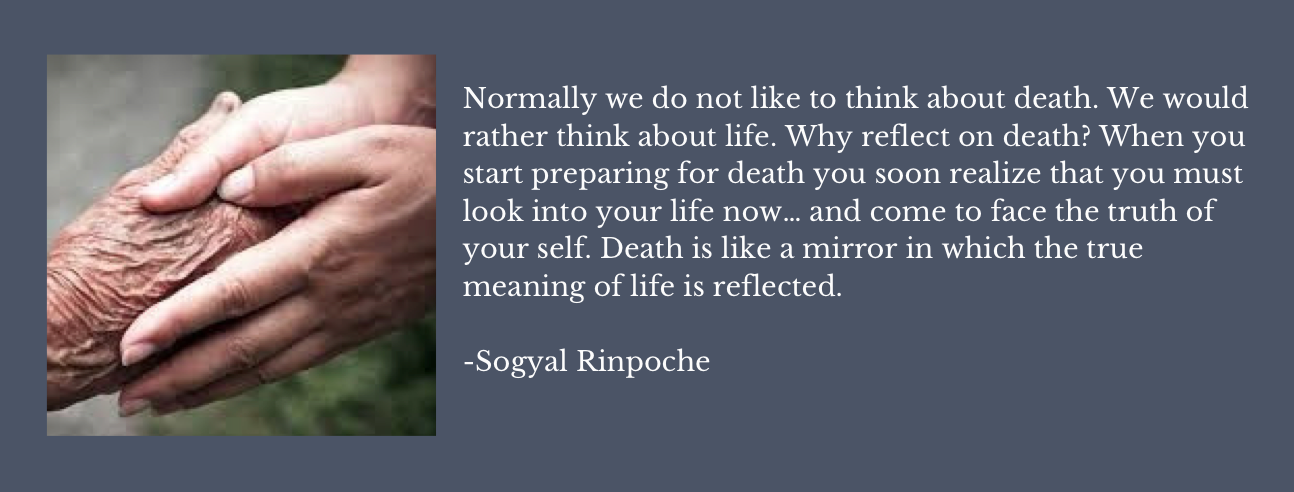As humans, we have the capacity to anticipate a future. We anticipate with fear and hope, and often times find ourselves oscillating between the two. When we are faced with the loss of a loved one (or life transition) we might find ourselves ruminating with fear; we fear living without our loved one, we fear what life might be like without them or we fear of never being happy again or we fear loneliness. Perhaps we also have hope; we hope that our loved one will be free from pain and suffering, we hope we will be able to learn and grow from the experience and we believe that healing from loss is possible.
Anticipating the loss of a loved one or anticipating a life transition offers fertile ground for practicing what might be one of our greatest gifts—the capacity to choose hope, even in the most difficult times. In therapy, we bring awareness to such capacities and learn ways that will enhance our natural ability to cultivate wisdom, discernment, compassion and hope. All of which prepare us to move through difficult times with greater ease and position us to grow from our experience.
Preparedness for the death of a loved one is an important contributor to well-being, bereavement outcomes, and quite possibly spiritual growth. In a number of studies, awareness, acceptance, and meaning-making were key contributors for a positive death experience and a shift in existential and spiritual perceptions. Being aware and accepting the impending loss of a loved one can prepare us for the loss, thus positioning us to cultivate meaning and gain spiritual insight.

